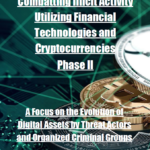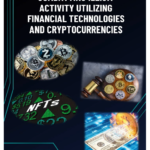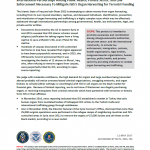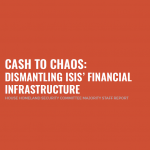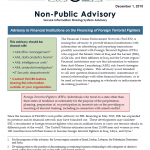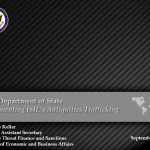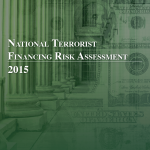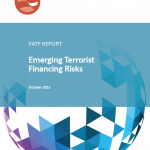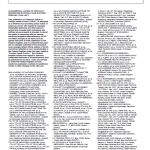As authorities have clamped down on traditional financing pipelines, such as charitable front groups, and as terrorist networks have grown increasingly decentralized, terrorists have turned to criminal activities to finance their operations locally. Throughout the world, Al Qaeda, Hamas, and Hezbollah operatives have involved themselves in an array of criminal enterprises, including counterfeiting, drug dealing, cigarette smuggling, credit card fraud, auto theft, kidnapping, extortion, and artifact trafficking. Although criminality is outlawed under Islamic law, the Al Qaeda manual advises that “necessity permits the forbidden.” Reflecting this theory, when Jemaah Islamiyah (JI) operatives questioned whether hacking into foreigners’ bank accounts was acceptable in Islam, JI leader Abu Bakr Bashir reportedly responded, “[if] you can take their blood; then why not take their property?” “Terrorist groups are particularly interested in raising funds through crime because as Lieutenant Colonel David LaRivee, Associate Professor of Economics at the United States Air Force Academy, stated, “many of the agencies responsible for enforcement in these areas do not traditionally focus on counterterrorism nor do they have strong ties with counterterrorist agencies. This means that many indictable criminal activities that support terrorism are overlooked because they seem insignificant when evaluated locally, but are in fact very significant when considered from a broader perspective.” In order to disrupt these financing efforts, “local law enforcement officials will be key,” as the FBI assessed in a May 25, 2005 Intelligence Bulletin.
Read more →
